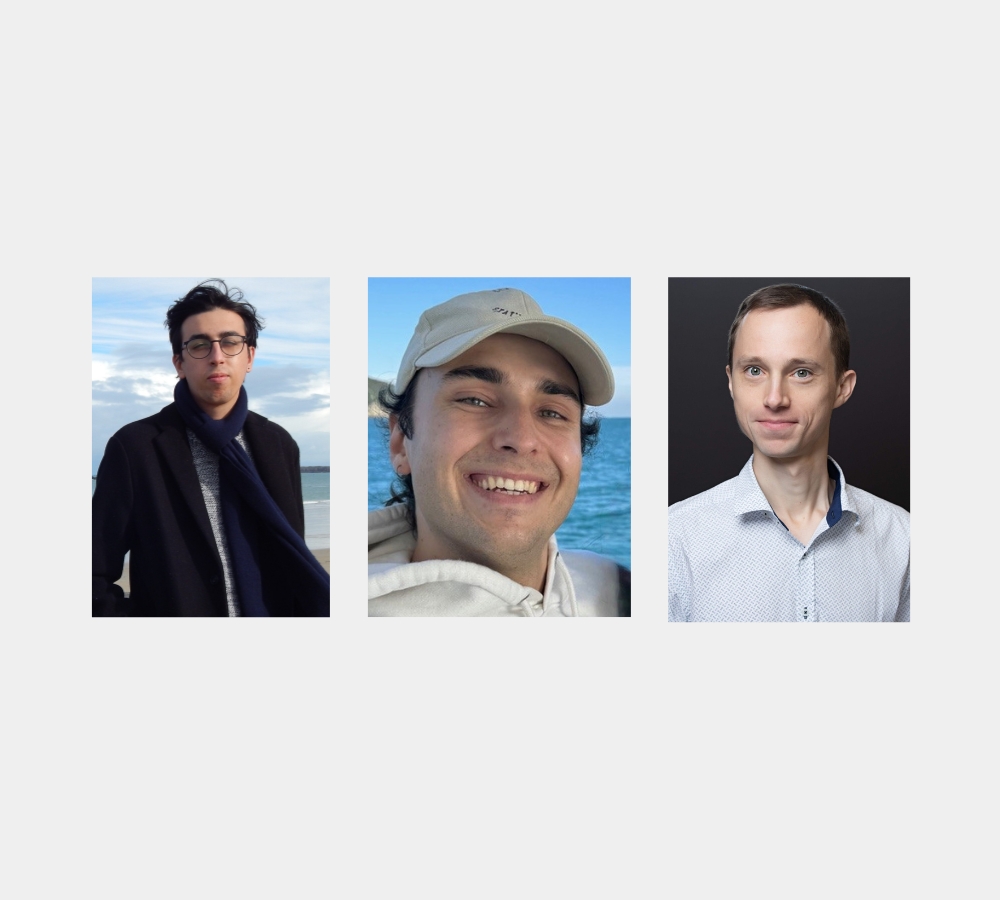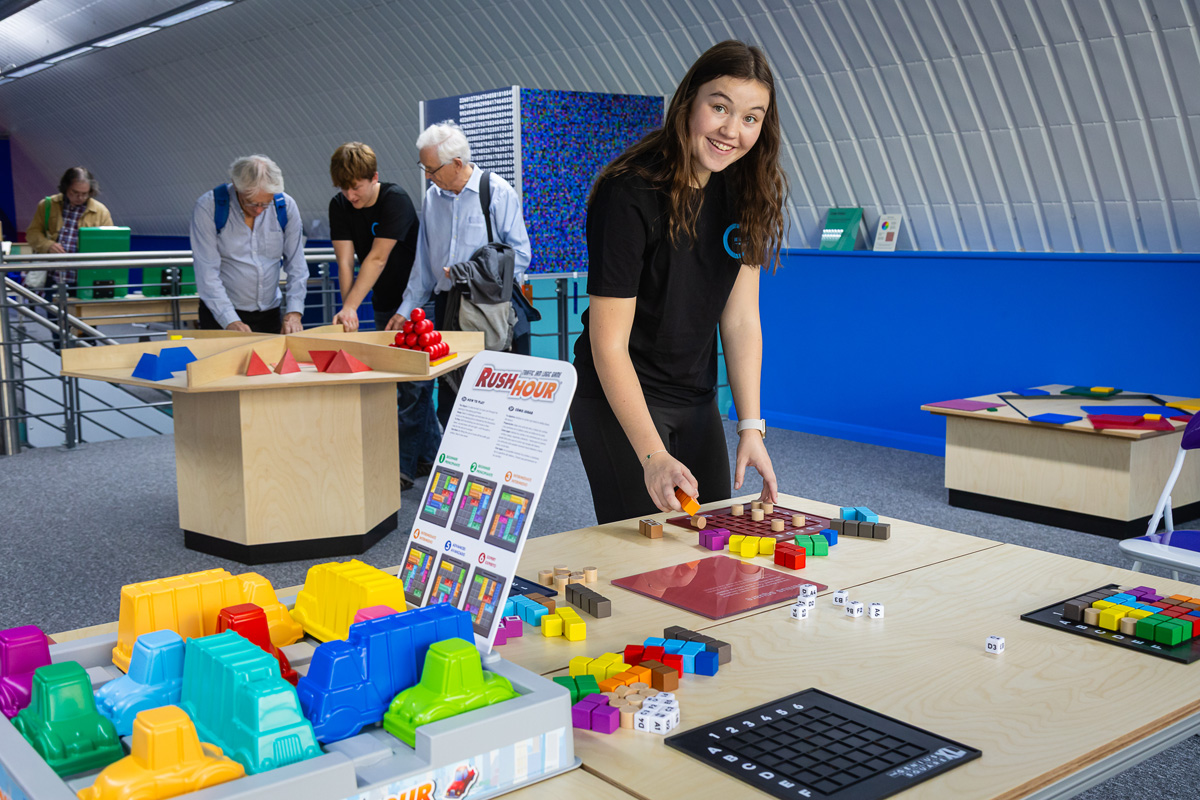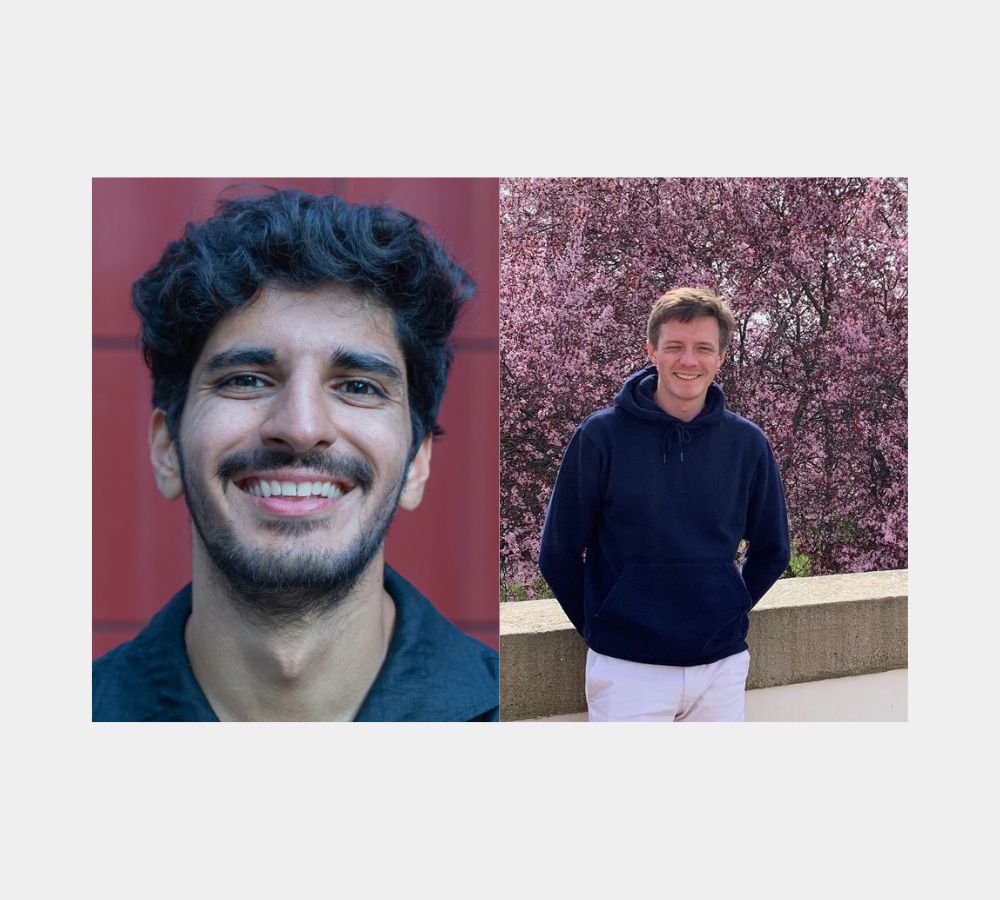Each month, we provide up to £2,000 in grant money to early career researchers in quantitative disciplines.
Our aim is to support and assist PhD students and postdocs conducting research, particularly with costs that may be difficult to get funding for elsewhere, for example, travel for those who are caring for children, or expenses for volunteer work related to research.
Read on to hear from our latest winners, their research and how our grants will aid their work.
June grant winners
Ben Riegler (Technical University Berlin and University of Oxford)

“I am an ELLIS PhD student at the Technical University Munich and the University of Oxford. My research is on data efficient Bayesian methods and AI for Science.
“In particular, I work on scaling Bayesian optimisation to large parallel processing facilities, aiming to speed up black-box optimisation. Additionally, inspired by my work with planetary physicists, I am exploring various approaches to simulation-based methods for Bayesian parameter inference in doubly-intractable problems.
“The G-Research grant allows me to present my paper “Rethinking Exploration In Asynchronous Bayesian Optimisation: Standard Acquisition Is All You Need” at EXAIT@ICML25.”
Gregor Steiner (University of Warwick)
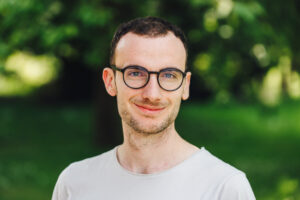
“I am a PhD student in Statistics at the University of Warwick, where my research focuses on causal inference. Specifically, I am interested in instrumental variable regression for causal inference under unobserved confounding.
“The G-Research grant will generously support my research visit to Nanyang Technological University in Singapore and my participation in the CFE-CMStatistics 2025 conference. During my time in Singapore, I will explore causal inference through the lens of possibility theory.”
Tomáš Flidr (University of Cambridge)
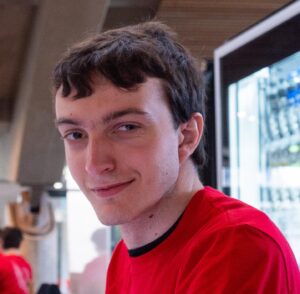
“I am an undergraduate student at the University of Cambridge, primarily interested in pure mathematics.
“The G-Research grant will allow me to do a summer research project in combinatorics, focusing on the game of Cops and Robbers on graphs. This game is a part of a broader class of problems called Pursuit-evasion, which has a wide range of applications.”
Congratulations to all of our grant winners.

